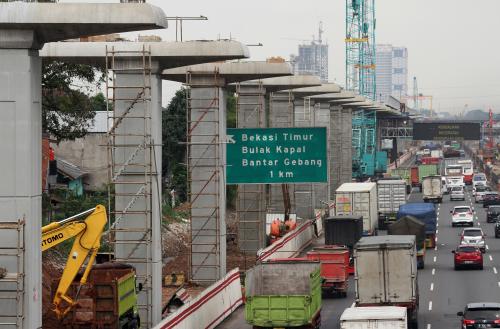Introduction:
There are several reasons why emerging powers today are perceived to be much more than supporting actors in the international arena. First, they exert an increasing influence on global economic issues, such as trade and investments. Initially regarded as an acronym to refer to dynamic markets , the BRICs (Brazil, Russia, India and China) have become integral players in the process of economic recovery after the global financial crisis in 2008 and 2009. With 40 percent of the world’s population and nearly 25 percent of global GDP, these countries not only proved more resistant to the crisis, but also lead the efforts to global economic recovery when compared to the developed economies. Moreover, of the top 20 companies in the 2010 Forbes Global 2,000 list, five are from the BRICs (3 Chinese, 1 Russian, and 1 Brazilian).
Second, a recurrent assumption in contemporary international relations literature is that emerging states are great powers writ small. As theories of power transition have it, these emerging countries constitute a challenge to the existing global order and, more specifically, to the world’s lone superpower, the United States. After all, Brazil, Russia, India, and China share several relevant attributes. They seem to have the political, economic, and military means to influence the international order through their own regions or even globally. And they also share a mildly revisionist belief that they should play a more prominent role in global affairs. Therefore, as these countries rise, so does the notion that the tensions that come along in the process are a harbinger of a new world order yet to be unveiled.[1]
To better assess whether emerging powers pose a risk or present an alternative to the international order, one needs to move away from a perspective cantered in the United States and look closely at relations among these countries. Is it possible to infer from the interaction among emerging powers that these countries represent an alternative to the U.S.-led order? Is there such a thing as a counter-hegemonic coalition? And, if yes, how strong and coherent is this coalition? Since the findings of the literature on emerging powers and Brazilian foreign policy are inconclusive, these are all interesting questions that need to be addressed. Overall, the main international relations theoretical approaches tend to categorize emerging powers either as conflict-prone, great powers to be[2], or as powers eager to embrace the norms of a Western-led liberal order.[3] As for recent Brazilian foreign policy scholarship, the emerging powers coalition issue is dealt mainly through the lens of South-South cooperation, or fuzzy concepts such as “autonomy through diversification” of partners.[4]
From this paper’s perspective, the truth lies somewhere in the middle of those two systemic theoretical approaches. On the one hand, to affirm that emerging powers challenge U.S. hegemony is not the same as saying that these countries hold amongst themselves a common view on what a more representative or just global order should look like.[5] On the other hand, although these countries share some similarities as emerging powers in a predominantly liberal international order, more often than not their receptiveness to these liberal norms differ sharply. A look at recent Brazil-China relations may shed some light on this idea.[6] Notwithstanding the emerging power label, when it comes to the design of their domestic institutions, the contrast becomes quite clear. While Brazil is a democratic market economy, China is a predominantly planned economy ruled by an authoritarian regime. How theses differences may play out in the international arena will be the general focus of this paper, which will address three main topics that present a puzzle for analysts and government officials alike: trade relations, the political-strategic realm, and foreign direct investments.
[1] A. Hurrell, “Hegemony, Liberalism and Global Order: What Space for Would-Be Great Powers?” International Affairs, 82 (1), 2006, pp. 1-19.
[2] K. Waltz, Theory of International Politics, McGraw-Hill, 1979.
[3] J. G. Ikenberry, After Victory: Institutions, Strategic Restraint, and the Rebuilding of Order after Major Wars, Princeton University Press, 2001.
[4] T. Vigevani and G. Cepaluni, “A Political Externa de Lula da Silva: A Estratégia da Autonomia pela Diversificação,” Contexto Internacional, 29 (2), 2007, pp. 273-335.
[5] Alden, Chris and M. A. Vieira, “The New Diplomacy of the South: South Africa, Brazil, India, and Trilateralism,” Third World Quarterly, 26(7), 2005, pp. 1077-1095.
[6] B. Buzan, The United States and the Great Powers: World Politics in the Twenty-First Century, Cambridge University Press, 2004.

